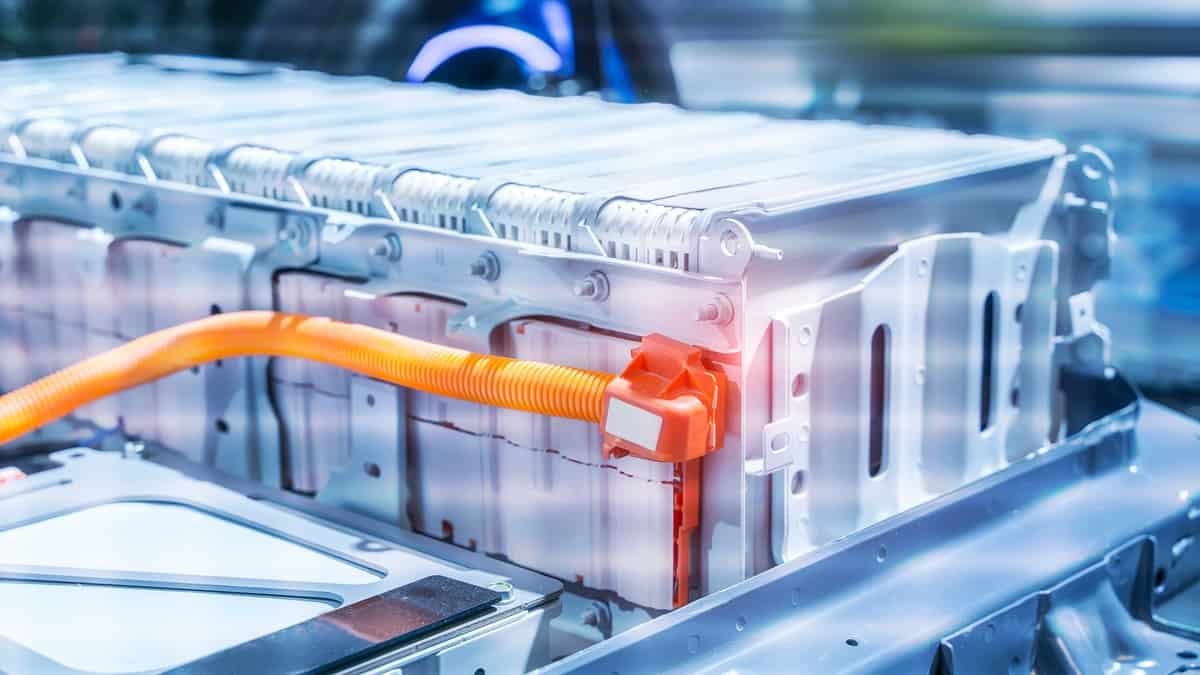Japanese automaker Toyota has just announced that it has successfully developed its own solid-state battery that cuts the weight, size, and cost by 50%.
This announcement aligns with Toyota’s previously disclosed electrification strategy that involves deploying electric cars equipped with innovative solid-state batteries.
In a significant development, the world’s second-largest automaker discovered a visionary approach that ultimately streamlined the production of the material necessary to build the batteries. Now, Toyota expects the battery breakthrough to enable its cars to offer an improved driving range and reduced charging time.
“For both our liquid and our solid-state batteries, we are aiming to drastically change the situation where current batteries are too big, heavy and expensive. In terms of potential, we will aim to halve all of these factors.”
Keiji Kaita, Toyota’s Research and Development Centre for Carbon Neutrality President
Toyota’s battery breakthrough to revolutionize the EV industry
A Business Economics professor at the University of Birmingham asserted that Toyota’s newly developed solid-state batteries could potentially redefine the future of electric vehicles. However, Professor David Bailey noted that the automaker might struggle in actually ramping up its production.
“Often there are breakthroughs at the prototype stage but then scaling it up is difficult. If it is a genuine breakthrough it could be a gamechanger, very much the holy grail of battery vehicles.”
Professor David Bailey
Intriguingly, R&D President Kaita assured that Toyota has already devised an effective production method that would give the batteries increased durability and a driving range of 1,200km (745 miles). Even more, the batteries can support a charging speed of 10 minutes or less.
Contrary to Professor Bailey’s concern, Toyota apparently aims to start producing solid-state batteries for its electric vehicles as early as 2027.
Toyota’s battery development is indeed remarkable, given the complexity and the expensiveness of solid-state battery production. These major drawbacks ultimately limit the battery’s commercial deployment.
See Also:
- The reasons why Toyota refuses to abandon the Prius and hybrid cars
- Toyota’s brand loyalty slips amidst growing influence of Tesla
- Toyota announces plans for new battery tech and EV innovation
- Top car brands in China in May 2023 – BYD first, VW second, Toyota third
- Toyota commits an additional $2.1B investment to its battery plant expansion in the US
Toyota has consistently been recognized as a “laggard” in the EV industry, well behind its global rivals.
Fortunately, the Japanese legacy automaker seems to be starting to realize the significance of electric mobility. It would be interesting to see how this brand would perform in the next quarters of the year.

